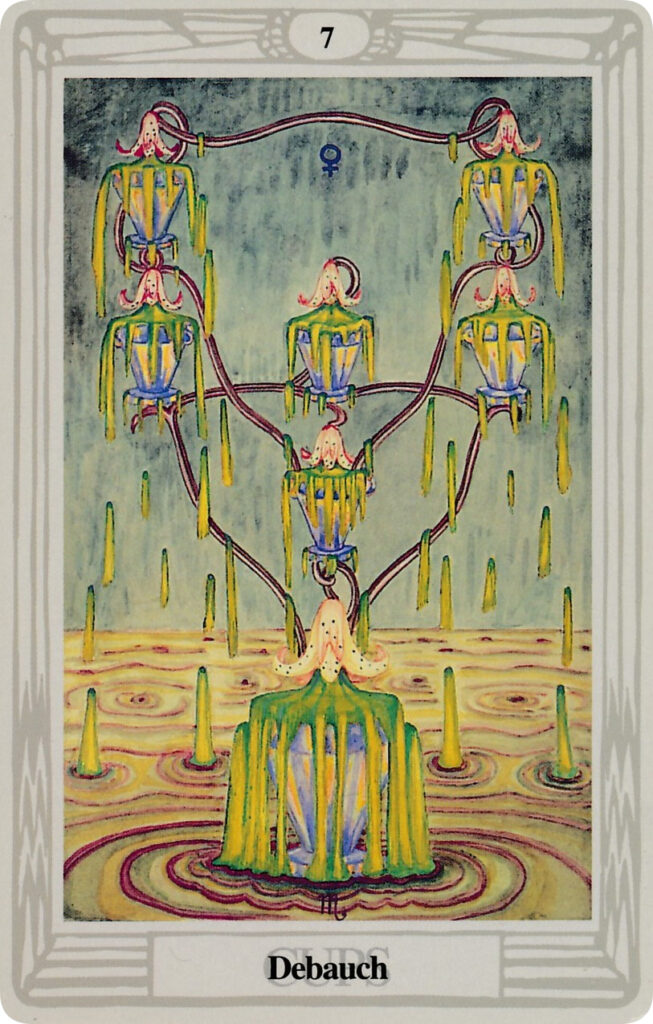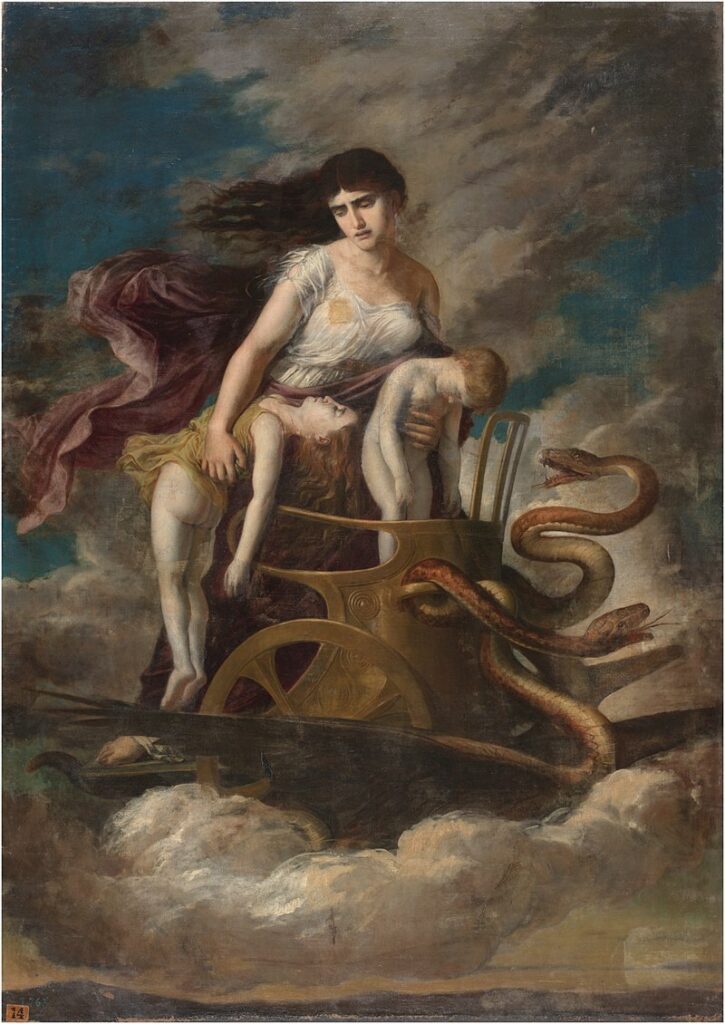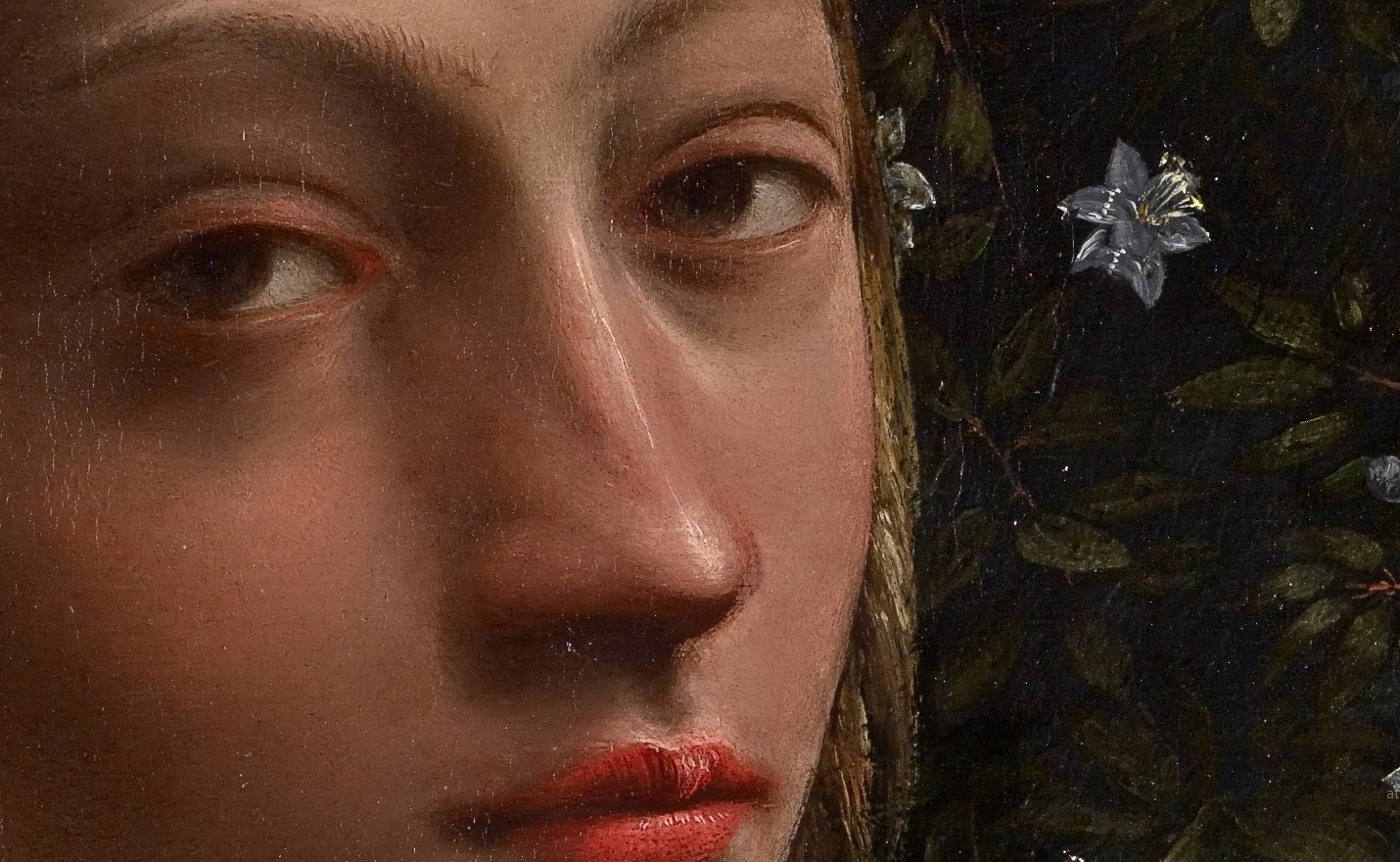The entrance of Venus into Scorpio today reactivates one of the great paradoxes of the zodiac: the principle of union subjected to the principle of division. The goddess of charm and attraction swims in the poison, blood, and instinct, where love ceases to be harmony and becomes possession, control, the urge to devour the Other after the harmonious tone of Libra.
Scorpio is a fixed Water sign, and Mars is its traditional ruler. Now, Venus is moist and warm, but she seeks pleasure, softness, the beauty of form; on the other hand, Mars is dry and hot, looking for victory, cutting, and power. When Venus enters under martial law, eros turns into weapon. And to desire, here, is to endure the abyss. It is the initiation of the goddess into the realm of death and decay, Eros that unites with Thanatos. And, if the poison is not recognised as Sacred, she herself becomes poisoned.
Scorpio desires out fusion, it wants the inside of the other, not just the outside. This Venus wants more than kissing and touching of the opposite axis in Taurus. In Scorpio, she wants to enter the wound. She is also the archetype of the alchemical lover, the one who dissolves appearances and forces the subject to confront instinct, envy, power, and fear. It is the dark phase of love, where perfume mingles with sulphur.

Venus in Scorpio is the Seven of Cups in the Tarot, the final decan of the sign, and the parallel is striking. In the Thoth iconography, this card is called Debauch and shows cups overflowing with a viscous substance, nectar turned toxic. It represents the emotional desire multiplied to the point of confusion, where pleasure turns into a bewildering vice. In numerology, seven represents the rupture with the harmonious six, when the desire of Netzach contains the power to disrupt the balance of Tifereth, for better or for worse. And the poison here appears as an alchemical metaphor: the same force that kills is the one that can heal, if recognised in the right dose. The antidote is the very poison tamed by consciousness.
“All things are poison and nothing is without poison; only the dose makes a thing not a poison.”
In the context of Venus in Scorpio, this Paracelsian axiom fits perfectly. The erotic, emotional, or even obsessive charge of this Venus is itself a kind of venenum, capable of either corruption or cure depending on how it is measured, digested, and spiritualised. Desire, in excess, intoxicates; but in awareness, it becomes medicine.

Venenum in Latin originally did not mean “poison” in the purely negative sense. Its root, venus (or venere), is the same as that of Venus, goddess of love and desire. Etymologically, venenum signified a magical love potion, something that could enchant, seduce, or alter the state of another.
At its core, venenum means that which comes from Venus. It is the erotic force distilled into liquid form, an agent of fascination and transformation. The semantic shift from elixir to poison mirrors precisely the fall of Venus into Scorpio. Only later, as such potions often led to harm or death, did the word acquire its darker connotation of “toxic substance.”
Also, historically and mythologically, poison has always been associated with the feminine. From Eve and the serpent, as well as Medea, Cleopatra, Marquise de Brinvilliers, and Lucrezia Borgia, the female principle appears as bearer of the dissolving force, the ambiguous elixir. But poison is, at its core, the power of transmutation, that which destroys forms to free the Spiritual essence. The woman who poisons is, symbolically, the initiating goddess, she who forces the hero to die in order to be reborn.
Venus in Scorpio is the mystery of the flesh containing the antidote of Spirit. Beauty is wound and pleasure turns into the utmost risk. The one who loves, under this sign, must descend with her and learn to distinguish the kiss that heals from the kiss that kills.
Κύριε ελέησον
